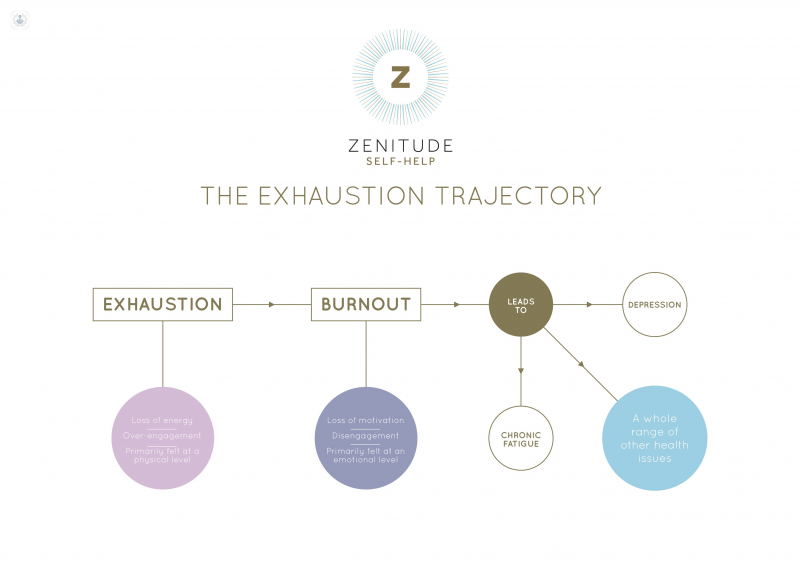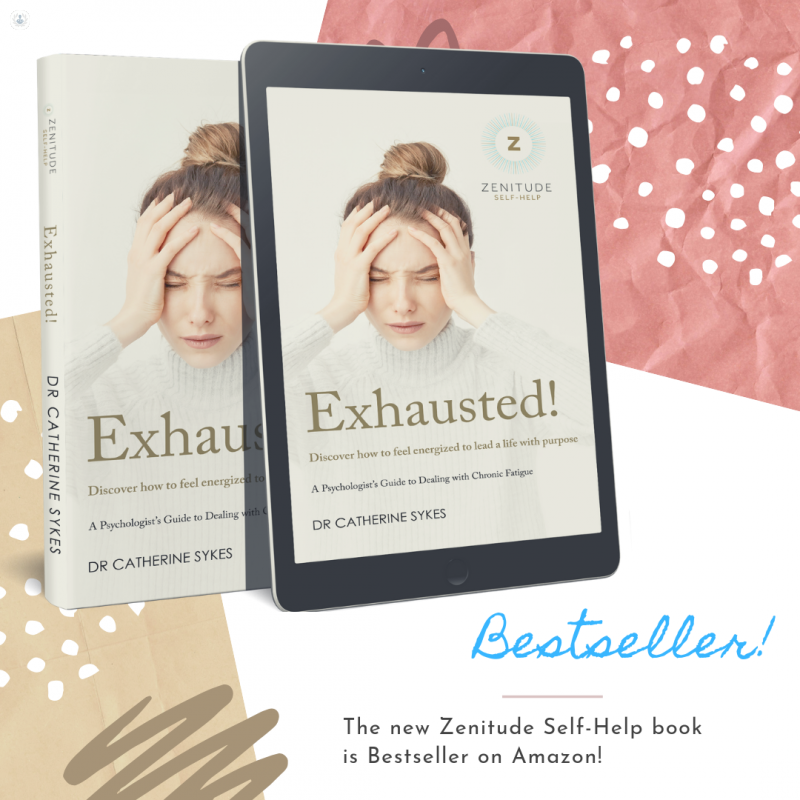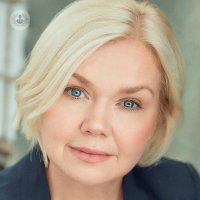Is burnout a problem?
Written by:Stress occurs when the demands of everyday life that are put on us or that we put on ourselves exceed our capacity to deal with those demands. We burnout when we lose our motivation to keep up with these demands and we disengage. Dr Catherine Sykes gives us some insight about burnout and why it has become such a huge issue.

Today people are pushing themselves more and more with fewer and fewer boundaries. What is meant by this is that we live in a 24/7 world in which our attention is constantly being demanded if we allow it. We can have these demands met with the click of a few buttons but what happens is that we are constantly being asked to click a few more buttons, to do more. Our inbox becomes filled with new demands, not only working emails that require our attention, but banks, insurance companies, phone companies and supermarkets are all competing for our attention.

At some level, we may gain a certain amount of satisfaction for having ticked something off our to-do list, but over time if ticking things off our list of things to do becomes the main focus of our time, we become bored and unchallenged, resulting in burnout. There’s always going to be a list and there’s always going to be more to do.
Why do you think burnout has become such a prominent topic recently?
Burnout has become such a prominent topic because so many people are living a life in which monotonous demands are exceeding their capacity to cope. It has become acceptable to reply with ‘I’m so busy” or “I’m exhausted” when asked, “how are you?” Being exhausted is not a healthy state of mind and can lead to burnout and illness over time.
Is exhaustion/burnout related to modern perfectionist culture and social media?
Perfectionist thinking is a contributing causal factor of exhaustion and burnout. When you add constant perfectionist demands into an already demanding life, it can tip the balance or it can feel like you are living life close to your limits with no buffer zone for dealing with unexpected demands or a crisis.
However, it is not the only causal factor. There are lots of demands on time and attention in order to do the basic things in life like going to work to provide food and shelter. This is not a new phenomenon for the average person. Obtaining the basics to stay alive has always taken time and effort. However, in today’s modern world we expect more from life than just staying alive. This is a wonderful development. We want more from life. The problem is that there are many more influences nowadays trying to gain our attention to improve our life, social media being just one example.
We only have 24 hours every day, of which a large part is used for carrying out basic tasks to stay alive such as sleeping, eating, maintaining connections and going to work, to provide shelter and resources. The amount we have left for self-improvement and fulfilment needs to be carefully considered so that we can actively choose and realistically evaluate how we want to use our time.
Some people try to ‘cheat’ time, so you find people missing out on basic functions such as sleeping and eating a nutritious diet. I’ve heard people say that ‘sleep is for weak people.’ If this becomes a lifestyle pattern, eventually these people become exhausted and find themselves on an exhaustion trajectory towards poor physical and mental health.
What about changing work patterns?
Having more flexible working hours can be good if you have the self-discipline to set boundaries around work time. Flexible working patterns help us to manage the demands of personal life, however, we need a divide between working time and ‘off’ time. Dr Sykes has met too many people whose working and personal lives just blend into the same time. This impacts their ability to focus and switch off, which over time can cause exhaustion. It also causes anxiety as a lack of focus makes us feel unsafe and we can start to perceive threats in situations in which there is no immediate threat.
So what can we take from this? To avoid burnout and exhaustion, purposely take breaks to re-energise, even if just five minutes, find ways to disengage from your working life and other demands and take time to relax and be with family and friends. Set specific times for tasks like responding to emails and carrying out mundane chores. The list can wait. Think about what you want from life. Is it just about ticking off that list of things to do? Pushing yourself hard should be for occasional challenges, it shouldn't be a lifestyle. Know that you don’t have to do everything perfect 100% of the time.

If you feel burnt out and exhausted, remember to ask for help. Talking to a professional like Dr Catherine Sykes can help you restore balance to your life. You can also check out Dr Sykes’ best-selling book, available on Amazon; Exhausted!: Discover how to feel energized to lead a life of purpose.


